
SRF Governance
The SRF Governance is composed of 4 distinct entities : The Governance Board, the Fund Management Unit, the Evaluation Committee, and the Grievance Committee.
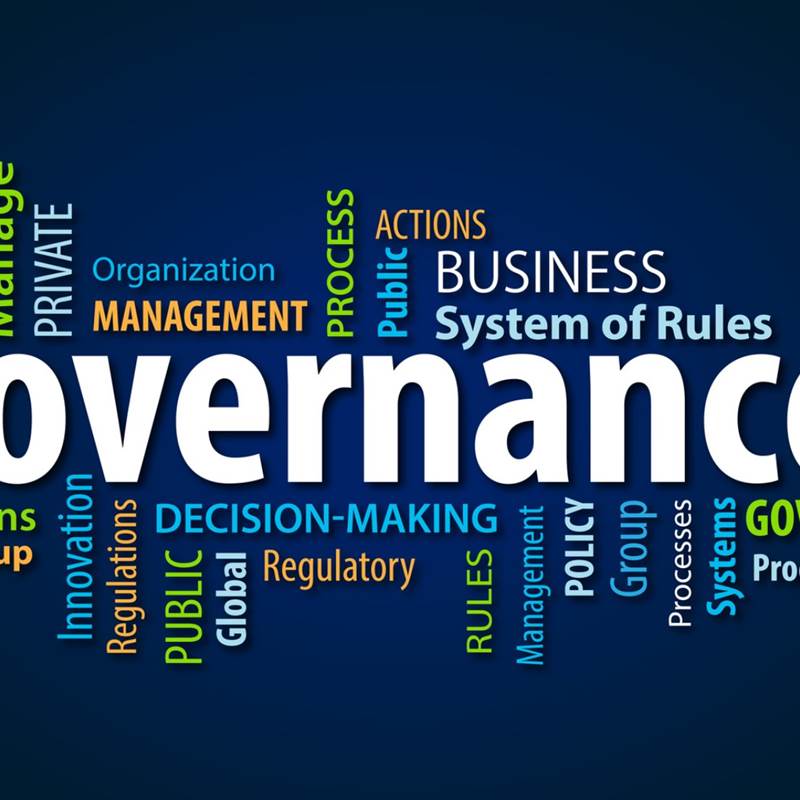
_
The SRF board
Composition
The SRF board is composed of the following (non-remunerated) members:
Permanent members :
- Representative of the Host
- Donors with funds operationalized by the SRF (1 seat per donor, up to a total of 4 seats)
- One observer
Non-permanent members :
- 3 international NGO
- 4 seats for the representation of national organisations (e.g. regional network and/or national forum of national humanitarian NGOs)
- Invited observer(s)
The Fund Director facilitates the secretariat of the SRF board, without being one of its members.
Roles and responsibilities of the SRF board
- Discuss, suggest amendments and approve SRF programme strategy
- Discuss, suggest amendments and approve the SRF framework documents
- Discuss, suggest amendments and approve the calls for proposals proposed
- Approbation of the selection of projects proposals based on evaluations and briefs from the Evaluation Committee and any comments from the relevant country-level working and coordination groups
- Oversight on projects’ progress
- Management of most serious risks
- Context analysis on emerging crisis and trends
- Engage in external relations, communication, advocacy and fundraising initiatives
SRF board Permanent members

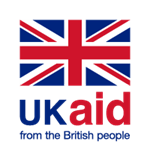
UK Aid
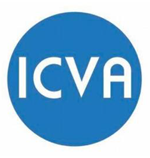
ICVA
SRF board Non-Permanent members

Action contre la faim
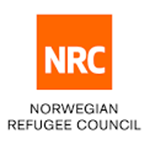
NRC
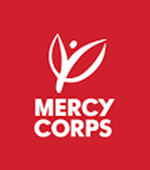
Mercy Corps
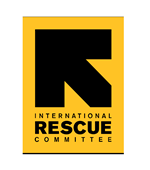
IRC
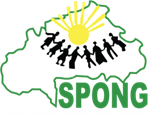
SPONG

RBM
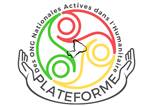
Fund Management Unit
Composition
As DRC is hosting the Fund, it has set up the Fund Management Unit (FMU) and ensure it fulfils its mandate. Thus, the FMU is composed of a team recruited and hosted by DRC at the exception of key position where donors can participate in the recruitment process.
The FMU is currently composed of
- A Humanitarian Fund Director
- A Compliance and Grants Specialist
- A Head of Finance and Support Services
- A MEAL Manager
Role and responsibilities of the FMU
- Developing SRF frameworks and calls for proposals
- Developing the Operations Manual
- Developing SRF calls for proposals
- Compliant selection of concept notes and proposals
- Setting up the evaluation committee
- Vetting and due diligence of partners
- Financial and contractual management
- Monitoring and evaluation of projects funded
- Document and disseminate learning
- Risk monitoring and reporting to the SRF board
- Communication and advocacy initiatives
- Context analysis on emerging crisis and key trends
- Secretariat of the board
- Resource mobilisation
Evaluation Committee
Composition
The Project Evaluation Committee is composed of:
- Technical experts from the host organization, including the FMU.
- Technical experts from donors who may or may not be funding the SRF.
- Technical experts from other humanitarian partners (INGO or NNGO) with no conflict of interest in the selection outcome
- External technical consultants
The Project Evaluation Committee is accountable to the SRF board, and the selection of its members is discussed and endorsed by the SRF board.
Roles and responsibilities of the Evaluation Committee
The role and responsibilities of the Project Evaluation Committee are to evaluate each application and to provide evaluations and recommendations according to an evaluation grid proposed by the FMU and approved by the SRF evaluation committee. The evaluation committee evaluates project proposals and submits evaluations with marks, a narrative for each mark and an overall recommendation for review, discussion, and decision-making of the SRF board.
Grievance Committee
Composition
Permanent members (The Chair of the Grievance Committee (FCDO) & The Vice Chair (DRC Safeguarding and CoC adviser)
Non permanent members : Technical experts from organisations members of the SRF board (not receiving funds from the SRF) and Third-party experts on leading high-level and sensitive investigations
Roles and responsibilities of the Grievance Committee
The Grievance Committee is a permanent mechanism which shall decide on what action is to be taken with reports of grievances, complaints, concern and potential conflicts of interest related to the functioning of the SRF and its integrity.
Contact : grievance@sahelregionalfund.org